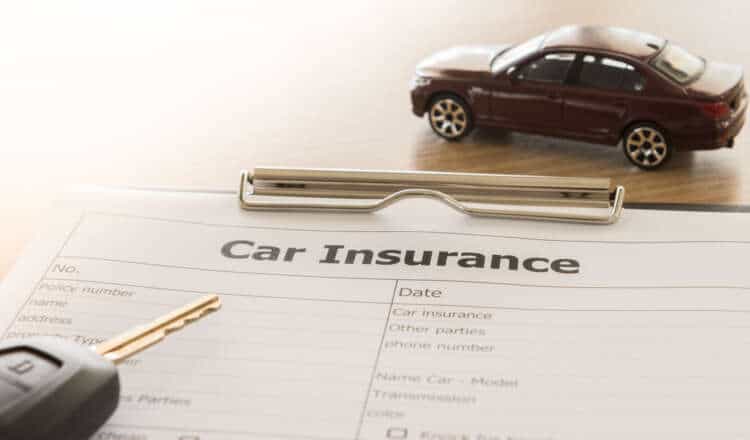Car insurance is a necessary expense for any driver, as it provides financial protection in the event of an accident or other unforeseen circumstances. However, with so many car insurance providers to choose from, it can be difficult to know where to start when it comes to comparing policies and finding the best coverage for your needs.
One of the first things to consider when shopping for car insurance is the type of coverage you need. There are several types of car insurance coverage to choose from, including liability, collision, comprehensive, and personal injury protection. Liability coverage covers damages or injuries that you may cause to another person or their property while driving. Collision coverage covers damages to your own vehicle if you are involved in an accident. Comprehensive coverage covers damages to your vehicle from non-collision events, such as theft or natural disasters. Personal injury protection (PIP) coverage covers medical expenses and lost wages for you and your passengers if you are involved in an accident.
It’s important to have an understanding of the minimum car insurance requirements in your state, as they can vary from state to state. Some states have no-fault laws, which means that each driver’s insurance policy covers their own damages and injuries regardless of who is at fault in an accident. Other states follow a fault-based system, in which the driver who is at fault in an accident is responsible for covering the damages and injuries of the other driver.
When comparing car insurance providers, it’s important to consider factors such as the company’s financial stability, customer service reputation, and the coverage and discounts they offer. It’s also a good idea to get quotes from multiple providers and compare them to see which one offers the best combination of coverage and price.
One factor to consider when comparing quotes is the deductible, which is the amount of money you will need to pay out-of-pocket before your insurance coverage kicks in. A higher deductible can result in a lower premium, but it also means you will have to pay more out-of-pocket in the event of an accident. It’s important to find a balance between a deductible that you can afford and a premium that fits your budget.
Another factor to consider when comparing car insurance quotes is the exclusions and limitations of the policy. Make sure to carefully review the fine print of any policy to understand what is and is not covered. For example, some policies may not cover damages caused by reckless or drunk driving, or may have limitations on the types of accidents that are covered.
It’s also important to consider any discounts that may be available. Many car insurance providers offer discounts for things like having a good driving record, being a student or member of certain organizations, or installing safety features on your vehicle. These discounts can significantly reduce your premium, so it’s worth asking about them when getting quotes.
According to Ross Martin of The Zebra, a popular car insurance comparison engine, “Shopping for car insurance can be overwhelming, but it’s important to take the time to do it right. It’s not just about getting the lowest price – you want to make sure you’re getting the coverage you need at a price you can afford.”
But the fun doesn’t stop there! It can also be worth shopping around for new car insurance every couple of years for a few reasons.
First, your insurance needs may change over time. For example, you may purchase a new car, get married, or have a change in your job or income that affects your insurance needs. Shopping for new car insurance can help you ensure that you have the appropriate coverage for your current situation.
Second, car insurance rates can vary significantly from one provider to another, and these rates can change over time. By shopping around, you may be able to find a policy with a more competitive rate that better fits your budget and hedge against those small rate hikes we all know insurance companies love.
Third, car insurance providers may offer different discounts or incentives to new customers, which can result in a lower premium.
On the other hand, it’s important to keep in mind that switching car insurance providers can sometimes come with costs, such as cancellation fees or the cost of setting up a new policy. Additionally, if you have a long history with your current provider, you may have built up a relationship that could result in additional discounts or personalized coverage options. Still, it’s prudent to have those conversations and see where the best deals lie.
In general, it’s a good idea to review your car insurance policy every year or two to ensure that it still meets your needs and that you are getting the best rate possible. This can involve either shopping around for a new policy or negotiating a better rate with your current provider.
Shopping for car insurance can be a daunting task and no one loves to do it, but by considering factors such as the type of coverage you need, the minimum requirements in your state, the financial stability and reputation of the provider, and the discounts and exclusions of the policy, you can find the best car insurance policy for your needs and budget.
